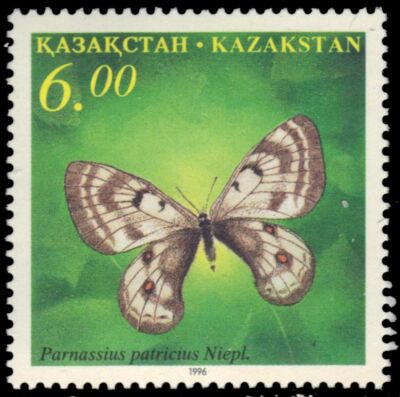Introduction
Kazakhstan, the largest landlocked country in the world, has been making headlines recently due to its rapid economic development, cultural diversity, and significant geopolitical standing in Central Asia. As a nation rich in natural resources and strategic geographical positioning, Kazakhstan’s role in regional stability and economic growth is increasingly important.
Economic Growth and Development
Over the past decade, Kazakhstan has experienced substantial economic growth, largely driven by its abundant natural resources, including oil, natural gas, and minerals. According to the World Bank, the country’s GDP growth averaged around 4% over the last few years. The government has been focusing on diversifying its economy through initiatives such as the Kazakhstan 2050 Strategy, aiming to transform the country into one of the top 30 global economies by mid-century.
In 2023, Kazakhstan was reported to have attracted over USD 24 billion in foreign investment, presenting itself as an attractive investment destination due to its political stability and ongoing reforms. Major international companies are increasingly looking towards Kazakhstan, fostering advancements in sectors beyond natural resources, such as technology and manufacturing.
Cultural Significance
Kazakhstan is home to a rich tapestry of cultures, with over 130 ethnic groups coexisting harmoniously. The country celebrates its diversity through numerous cultural festivals and events. Notably, the city of Almaty plays a vital role as a cultural hub, hosting international music and art festivals that attract artists and visitors from around the world.
In 2023, Kazakhstan’s unique heritage was spotlighted in global discussions, showcasing its historical sites like the Mausoleum of Khoja Ahmed Yasawi, which is a UNESCO World Heritage site. The commitment to preserving and promoting Kazakh culture reflects the country’s pride in its identity.
Geopolitical Importance
Geopolitically, Kazakhstan serves as a crucial link between Europe and Asia, illustrated by its involvement in initiatives such as the China-led Belt and Road Initiative. This strategic framework aims to enhance connectivity and trade between Asia and Europe, positioning Kazakhstan as a pivotal player in international commerce.
Moreover, Kazakhstan’s role in regional security is underlined by its involvement in the Collective Security Treaty Organization and participation in peacekeeping missions. The country’s policies advocate for peace, stability, and collaboration in Central Asia, making it a key influencer in regional dialogues.
Conclusion
Kazakhstan is more than just a vast expanse of land; it is a nation on an upward trajectory, marked by economic development, cultural richness, and vital geopolitical significance. As it continues to navigate the complexities of today’s international landscape, Kazakhstan’s future looks promising, with projections suggesting sustained growth and increased influence in regional and global affairs. For readers interested in geopolitical dynamics, trade, or cultural diversity, Kazakhstan presents an intriguing case study.

